Civil Engineering as a Human Culture
This culture has the dream or purpose to create or reinvent all types of environments, including their design, construction, and maintenance.
Civil Engineering - Subcultures
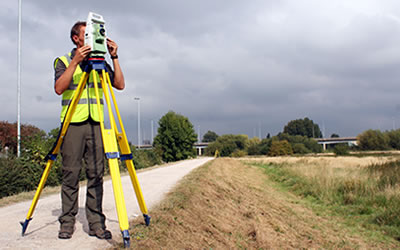

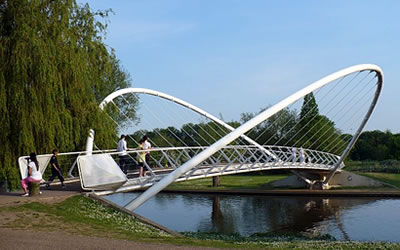




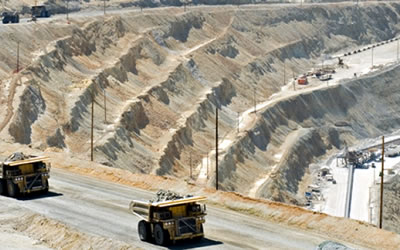
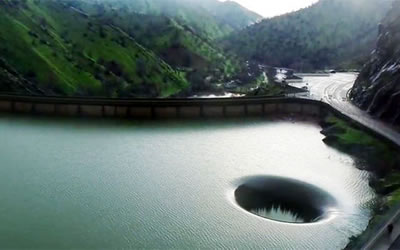


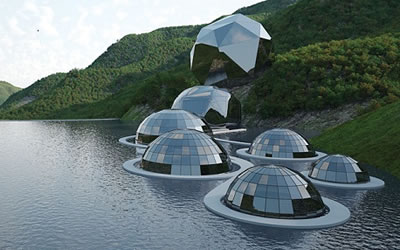

Civil Engineering - Data Collection
As a Civil Engineer, please Login and provide research data on any of the following topics.
1. Government Agencies.
In preparing the faculties of knowledge to function constitutionally as Arms of Government, please list as many government offices, agencies, ministries, institutions, or parastatals presently in your region you believe fall under the authority, leadership, jurisdiction, legislation, or administration of the faculty of Civil Engineering.
2. Licensing Rights.
Products and services are the efforts of multiple faculties working collaboratively. However, in our new economic design, conflicts arise on which faculty should possess the rights of ownership. Example. CELLPHONES - Physics or Electrical Engineering. PLASTICS - Chemistry or Materials Science. PHARMACEUTICALS - Biology or Health Science. List as many services, gadgetries, products, creations, or inventions that civil engineers provide or offer presently in your region that you believe fall under the licensing rights of the faculty of Civil Engineering.
3. The Future.
The faculty of Civil Engineering has just been granted ample funding and unhindered federal powers. Suggest a new idea, course of action, strategy, dream, innovation, or next-generation agency that civil engineers could implement, establish, or research and develop towards achieving a utopia in your region.